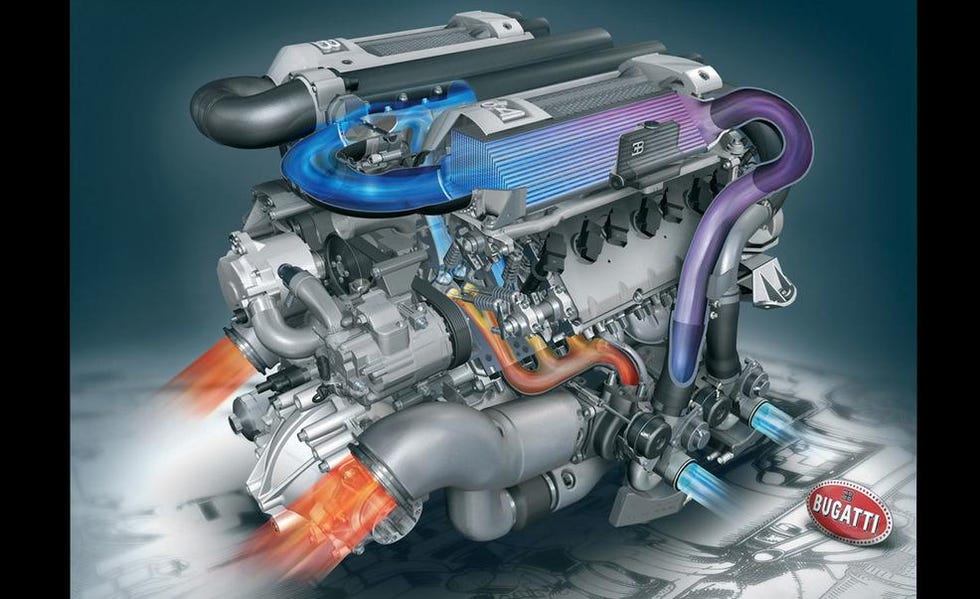Engines For Africa: Your Trusted Companion for Motor Needs
Wiki Article
A Full Guide to Selecting the Right Engine for Your Project
Choosing the proper engine for your project is a crucial decision that can dramatically influence its total success. Each of these elements plays a crucial duty in making certain that your selected engine not only fulfills instant objectives but also lines up with long-lasting desires.Specify Your Job Requirements
Specifying your job needs is a critical action in picking the appropriate engine for successful application. A comprehensive understanding of your job's objectives will certainly direct you in identifying the functions and capacities required from an engine. Begin by detailing the range of your task, including the preferred capability, target market, and the particular end results you intend to attain.
Following, take into consideration the technological demands that line up with your task goals. This includes reviewing the compatibility of the engine with existing systems, as well as the programming languages and structures that will be used. In addition, assess the degree of scalability required to suit future growth or adjustments in demand.
Budget constraints likewise play an essential role in specifying your project requires. Develop a clear economic framework to assist your decision-making process, guaranteeing that the engine selected fits within your budget plan while giving the essential functionality.
Evaluate Performance Demands

Engines that support horizontal scaling are frequently preferable for bigger applications. In addition, assess the engine's efficiency under various conditions, such as peak use circumstances, to guarantee it satisfies your reliability criteria.
Consider Simplicity of Usage
While technical requirements are important, the ease of use of an engine can significantly impact the advancement procedure and general task success. An user-friendly user interface, clear documents, and structured workflows can considerably lower the discovering curve for programmers, enabling them to focus on creative thinking and analytical instead of facing complicated tools.When assessing an engine's convenience of use, consider the onboarding experience. A well-structured introduction, total with tutorials and example tasks, can help with a smoother shift for new users. Additionally, the clarity and comprehensiveness of the engine's documentation play an essential duty; thorough overviews and API recommendations can equip programmers to troubleshoot and execute attributes effectively.
One more facet to take into consideration is the engine's modification abilities. An engine that allows for very easy adjustments can be Discover More Here more user-friendly, as developers can customize it to fit their certain needs without extensive inconvenience. Evaluate the operations integration with devices and platforms you already use. A cohesive community can improve productivity and reduce rubbing during the growth process. Inevitably, picking an engine that focuses on convenience of usage can cause an extra efficient and pleasurable advancement experience.
Assess Area and Support
The strength of an engine's community and assistance network can greatly affect a designer's experience and success. A vibrant area frequently indicates a wealth of shared expertise, sources, and fixing support that can improve your job's development procedure. When assessing an engine, consider the dimension and task degree of its community. Larger neighborhoods normally use more online forums, tutorials, and third-party plugins, making it possible for developers to discover services extra successfully.In addition, review the availability of official support channels. Reputable paperwork, responsive consumer assistance, and regular updates are important for attending to technical concerns and keeping your job on course. Engines For Africa. Active neighborhoods likewise cultivate cooperation, supplying chances for networking and feedback, which can be invaluable, specifically for independent designers or tiny teams
In addition, explore the presence of community-run occasions, such as hackathons or meetups. These celebrations can enrich your understanding of the engine while connecting you with knowledgeable users and potential collaborators. In recap, a durable area and support group not only enhance development but also produce a setting helpful to discovering and technology, inevitably improving the possibility of your job's success.
Contrast Cost and Licensing Choices
Budget plan considerations play an essential duty in selecting the best engine for your project, as the cost and licensing alternatives can considerably affect both temporary costs and lasting stability. Engines For Africa. Different engines supply varying pricing structures, which can consist of single purchase fees, membership versions, or read here revenue-sharing agreements based upon your job's incomes
Licensing options also vary significantly. Some engines are open-source, supplying versatility and community-driven assistance, while others might call for exclusive licenses that restrict usage and distribution. Comprehending the implications of each licensing model is vital, as it impacts ownership rights, future scalability, and prospective lawful responsibilities.
Conclusion
In final thought, picking the suitable engine for a job necessitates an extensive examination of specified job demands, efficiency demands, convenience of usage, neighborhood support, and cost factors to consider. By methodically attending to these crucial aspects, decision-makers can guarantee alignment with both future and present project needs. A knowledgeable choice eventually boosts the possibility of job success, allowing reliable source allotment and maximizing possible end results within the specified budgetary constraints.Choosing the suitable engine for your project is a vital choice that can significantly affect its overall success.Defining your task needs is an important step in selecting the appropriate engine for successful implementation. A thorough understanding of your job's objectives will certainly lead you in determining the attributes and capabilities required from an engine.Once you have a clear understanding of your project needs, the next step is to examine the performance requirements of the engine.In final thought, choosing the appropriate engine for a task demands a comprehensive assessment of specified task needs, performance demands, ease of usage, area assistance, and price considerations.
Report this wiki page